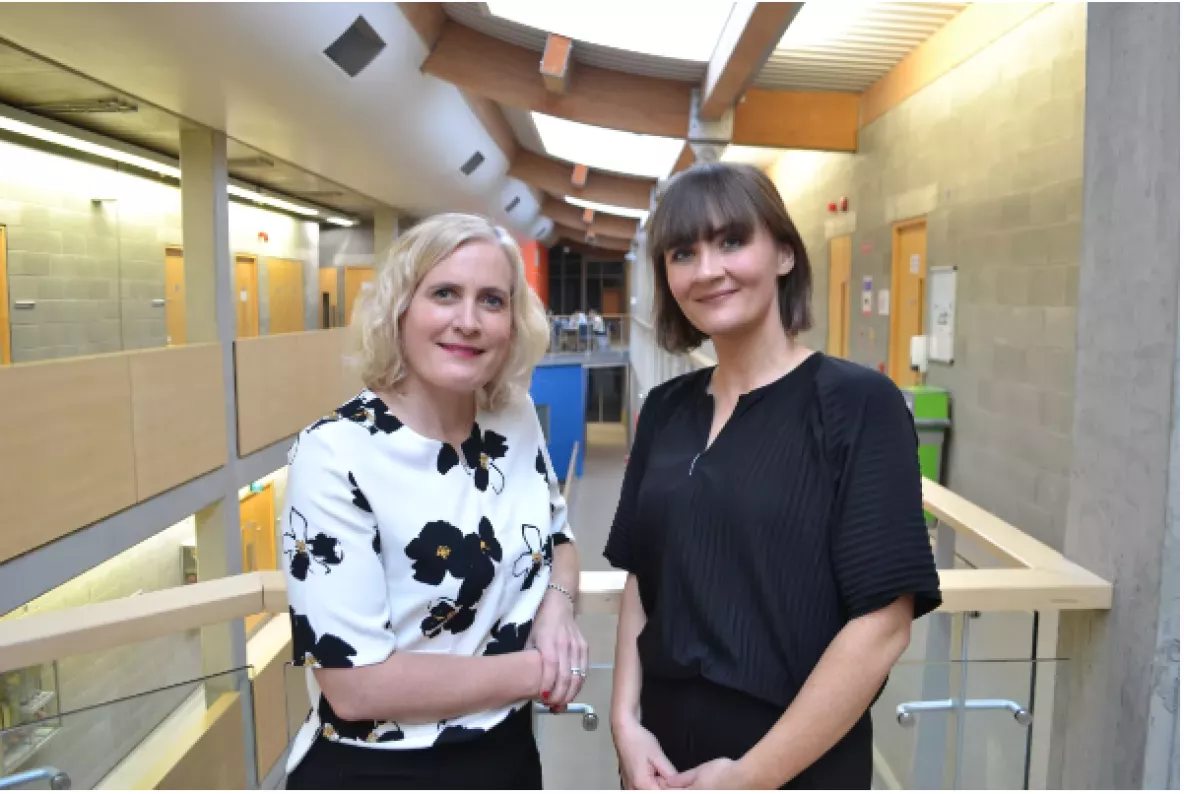

Professor Rose Galvin
Project: Development of a Core Outcome Set for research studies evaluating the effectiveness of Comprehensive Geriatric Assessment
Health Services Research
Award Amount: €428,904
Lay summary
Background: Comprehensive geriatric assessment (CGA) is a holistic model of care, which proactively identifies and addresses complex and multifactorial needs in older adults. The rapid acceleration in the ageing population means we are depending on CGA to deliver effective, efficient, sustainable and affordable gerontological care. While CGA first emerged as a model of care for frail older adults in hospital, it is proliferating in other specialities (emergency medicine, surgery, orthopaedics, oncology, renal) as well as community, ambulatory care and long-term care settings. Variations in outcome reporting across trials has impacted the synthesis of findings.
Aim: The aim of this research project is to develop an evidence and consensus-based Core Outcome Set (COS) for research studies evaluating the effectiveness of CGA for older adults
Methods: We will adhere to COS development methodology recommendations from the COMET Initiative (Core Outcome Measures in Effectiveness Trials). Meaningful engagement with older adults in their capacity as co-researchers will inform and guide the research process.
The following series of studies will underpin the development of this COS:
A scoping review of trial registries to establish commonly reported CGA outcomes and associated instruments.
A rapid qualitative evidence synthesis on outcomes of importance in research studies with older adults and CGA.
Participatory research methods to identify outcomes relevant to older adults and those important to them, healthcare professionals and research stakeholders
An e-Delphi study and consensus meeting with key stakeholders to reach consensus on inclusion of items in the COS
A literature review and group consensus meeting to establish recommended outcome measures.
Impact: COS for research studies evaluating the effectiveness of CGA has the potential to enhance the conduct and reporting of future clinical trials, systematic reviews and clinical guidelines by facilitating the availability of comparable data and by ensuring outcomes that matter to all stakeholders are represented.
Associate Professor Sara Hayes
Project: The development of an adaptive cognitive rehabilitation intervention post-stroke
Health Services Research
Award Amount: €423,493
Lay summary
Introduction: Stroke is the second leading cause of death and the third leading cause of disability worldwide. Cognitive impairment relates to challenges with memory, attention, language and perception and up to 38% of people demonstrate cognitive impairment one-year post-stroke. It is associated with poorer quality of life, reduced chance of survival, increased risk of institutionalisation, higher caregiver burden and increased costs. International consensus has highlighted it as an area of unmet need post-stroke. However, the focus of rehabilitation programmes post-stroke is often placed on physical difficulties, neglecting hidden cognitive impairment. Meta-analytic evidence demonstrates that existing cognitive rehabilitation interventions have not shown substantial or long-term improvements. Interventions that are individually-tailored to each person are recommended. However, there is no reliable information on the best way of developing interventions capable of adapting to individual response. This identifies a clear direction for future research.
Aim: To develop an adaptive cognitive rehabilitation intervention to tackle the urgent issue of cognitive impairment post-stroke. The feasibility of the adaptive intervention developed in the research will be subsequently evaluated against treatment-as-usual.
Methods: Experience-based co-design methods will be used to involve people with cognitive impairment post-stroke, family carers, healthcare professionals and patient advocates to develop a user-and evidence-informed adaptive cognitive rehabilitation intervention. A Sequential Multiple Assignment Randomised Trial will be used to examine the optimum adaptive cognitive rehabilitation intervention among people with cognitive impairment, living in the community post-stroke. An exploration of stakeholders’ perspectives on the acceptability of the intervention will be completed in a process evaluation.
Discussion: Poorly managed cognitive impairment post-stroke is a major public health problem. This internationally-renowned cross-disciplinary team will make a substantial contribution to stroke recovery research by pioneering the combination of co-design and a novel experimental design to empirically develop an adaptive cognitive rehabilitation intervention for future feasibility testing.